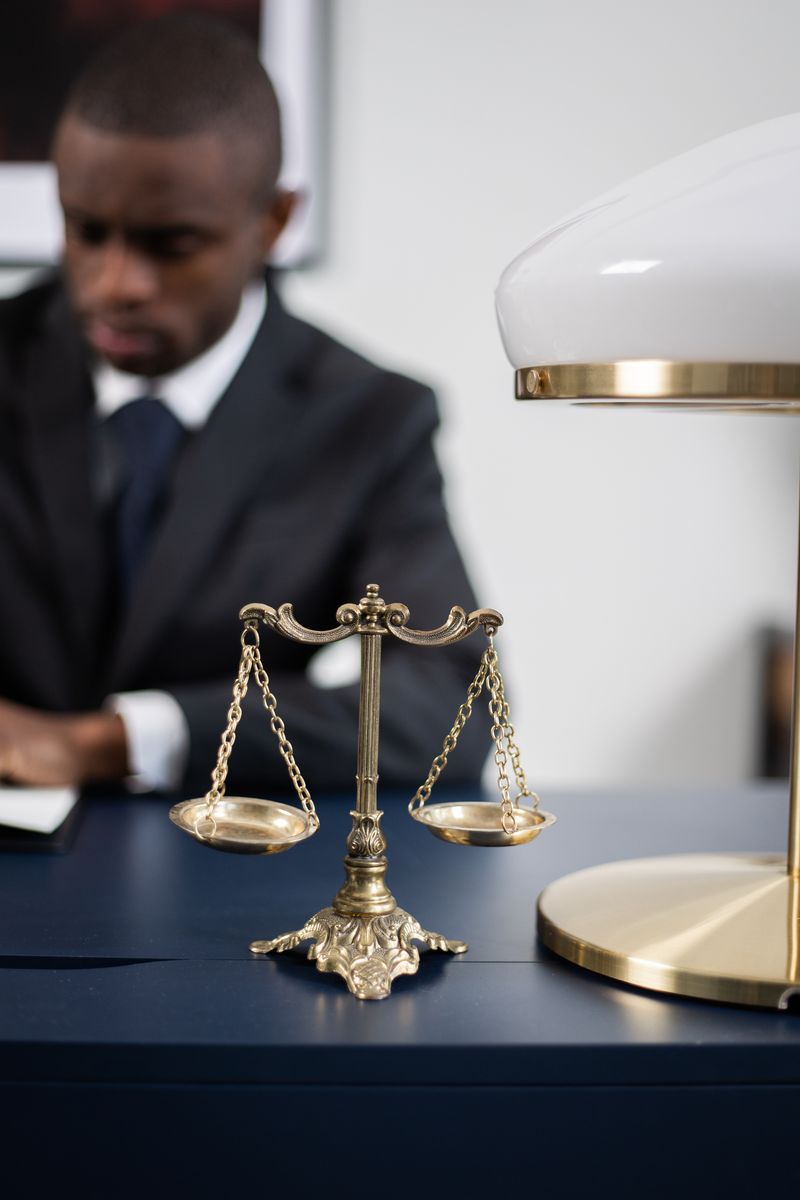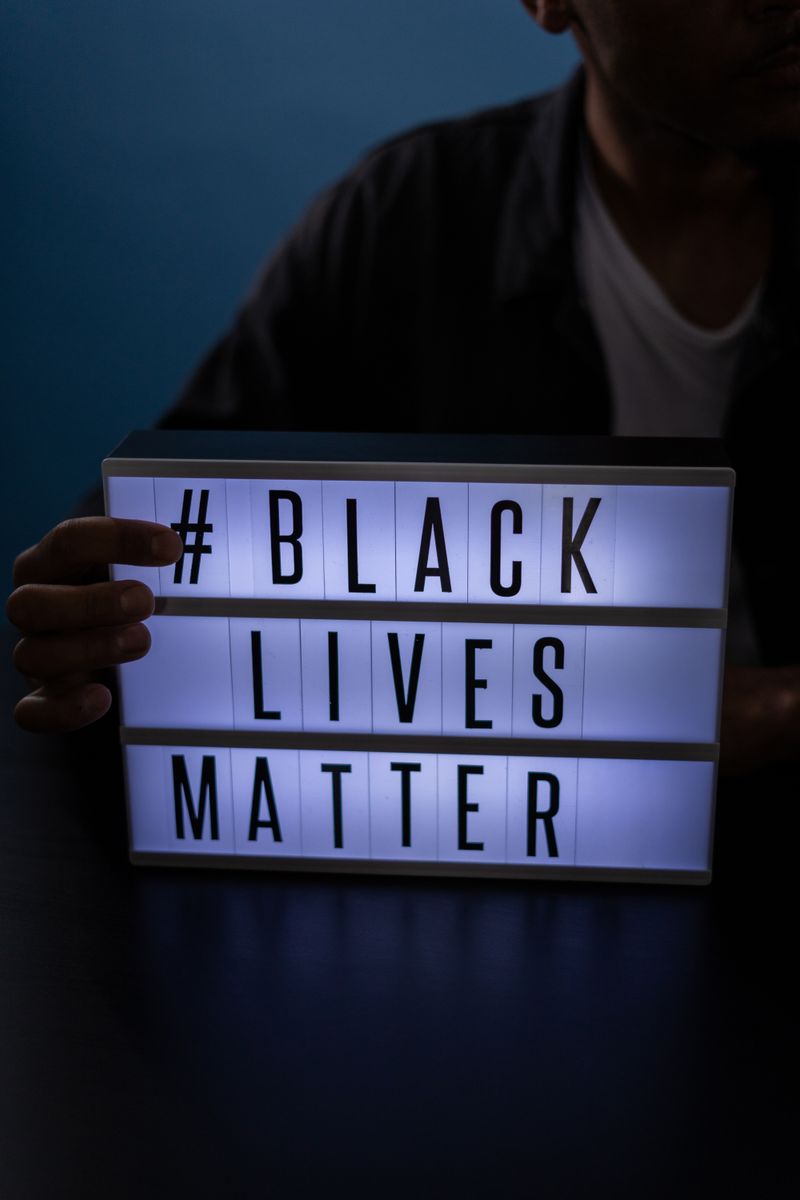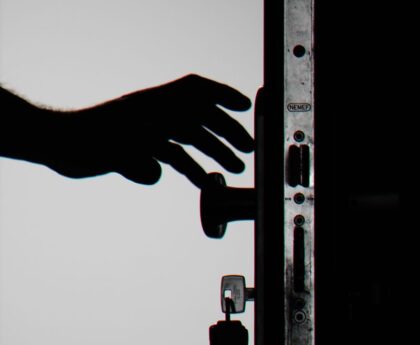Judge in Argentina Calls for Arrest of Suspects in 1994 Jewish Center Bombing
Background
In a significant development in the long-standing investigation into the 1994 bombing of the AMIA Jewish community center in Buenos Aires, a federal judge in Argentina has called on Interpol to arrest and question four Lebanese citizens suspected of involvement in the attack. The bombing, which killed 85 people, has remained unsolved for almost three decades.
Details of the Arrest Warrants
According to reports, Federal Judge Daniel Rafecas has issued arrest warrants for the four suspects. Three of them are believed to be living in neighboring Paraguay or Brazil. The suspects are accused of playing a “secondary” logistical role in the bombing, allegedly assisting the attackers in entering Argentina months prior to the attack.
Judge Rafecas has previously requested the arrest of a senior Iranian official earlier last year, accusing him of playing a central role in the attack. It is suspected that the four Lebanese suspects worked with the armed wing of Hezbollah, a group designated as a terrorist organization by the U.S. government.
Challenges and Controversies
While this latest development in the case provides some hope for justice, there are still significant challenges and controversies surrounding the investigation. Argentine courts have blamed Iran for the AMIA bombing, but no one has been brought to trial for the attack or the 1992 bombing of the Israeli embassy in Buenos Aires. Iran has consistently denied any involvement in either attack.
The Role of Politics
One of the significant challenges in the AMIA case has been the role of politics. The investigation has been marred by allegations of cover-ups and political interference. It is widely believed that political considerations, both domestic and international, have impeded the progress of the investigation.
The AMIA case has become a highly politicized issue in Argentina, with various political factions using it for their own agendas. The lack of a resolution has fueled conspiracy theories and further eroded public trust in the justice system. The case has also strained relations between Argentina and Iran, particularly at the height of the diplomatic crisis surrounding the negotiations of the Iran nuclear deal.
Implications for the Jewish Diaspora
The 1994 AMIA bombing sent shockwaves through the global Jewish community and highlighted the vulnerability of Jewish institutions to terrorism. For decades, the lack of progress in the investigation has fostered a sense of frustration and disillusionment among the Jewish diaspora, particularly those affected directly by the attack.
The call for the arrest of the four suspects offers a glimmer of hope that justice may finally be served. However, it is crucial to remember that this is just the beginning of a legal process that may take years to unfold. The Jewish diaspora must continue to support the pursuit of justice while advocating for transparency, independence, and accountability in the investigation.
Editorial: Pursuing Justice and the Philosophical Questions Raised
The pursuit of justice in the AMIA bombing case raises important philosophical questions about accountability, responsibility, and the limitations of justice in the face of complex geopolitical dynamics.
Accountability and Responsibility
One of the key questions that arises from this case is how to hold individuals accountable for acts of terrorism committed by non-state actors. While it is crucial to seek justice for the victims and their families, it is equally important to address the underlying causes and structures that give rise to such acts of violence.
The four Lebanese suspects are believed to have played a logistical role in the AMIA bombing. However, they are not the masterminds behind the attack. Holding them accountable is undoubtedly important, but it must be part of a larger effort to dismantle the networks and ideologies that perpetuate terrorism.
The Role of Geopolitics and Diplomacy
The AMIA bombing has been a point of contention in international relations, particularly between Argentina and Iran. The case presents a complex web of geopolitical dynamics, intertwining issues of national security, diplomacy, and justice.
The pursuit of justice must not be overshadowed by political considerations. It is essential for the investigation to be conducted independently and transparently, free from political interference. The international community has a role to play in ensuring that justice is served and that the investigation remains focused on the pursuit of truth and accountability.
Lessons Learned and Moving Forward
The AMIA bombing remains an enduring symbol of the vulnerability of minority communities, the importance of memory, and the need for justice. As the investigation moves forward, it is crucial to reflect on the lessons learned from this tragic event.
First and foremost, effective counterterrorism measures must prioritize intelligence sharing, international cooperation, and the dismantling of terrorist networks. The global community must remain vigilant in preventing acts of terrorism and holding all those involved accountable.
Secondly, the pursuit of justice must always be guided by the principles of transparency, independence, and accountability. The AMIA case demonstrates the need for a robust and impartial justice system that can withstand political pressures and ensure that the truth prevails.
Lastly, the Jewish diaspora, the international community, and Argentine civil society must continue to support the pursuit of justice for the victims of the AMIA bombing. The families and survivors deserve closure, and the memory of the victims must be preserved. Through collective action, we can strive for a world where acts of terrorism are met with swift and resolute justice.

<< photo by EKATERINA BOLOVTSOVA >>
The image is for illustrative purposes only and does not depict the actual situation.
You might want to read !
- “The Unsolved Case Resurfaces: Argentina’s Hunt for Justice in the 1994 Bombing”
- The CONCACAF Nations League: A Rivalry Renewed – USMNT vs Mexico, Canada vs ????? – What’s Next?
- Thrilling Showdown: USMNT Battles for Glory in Concacaf Nations League Semifinal
- “American Idol”: Examining the Impact of Oliver Steele’s Unfiltered Criticism
- Oliver Steele Comes to Katy Perry’s Defense Once Again: Deconstructing the Criticism
- Craig Carton’s Departure from WFAN Marks New Chapter with FS1 Morning Show
- “Adipurush Telugu Movie Review: Unveiling the Epic Battle of Good and Evil”
- Boldly Going into Season 2: Exploring the Classic Sci-Fi Adventure of “Star Trek: Strange New Worlds”
- Ezra Miller’s Striking Appearance Ignites Excitement for The Flash Film at DC FanDome
- Solving The Natalee Holloway Case: Examining The Role Of Forensic Science And Justice System in the Main Suspect’s Arrest.




